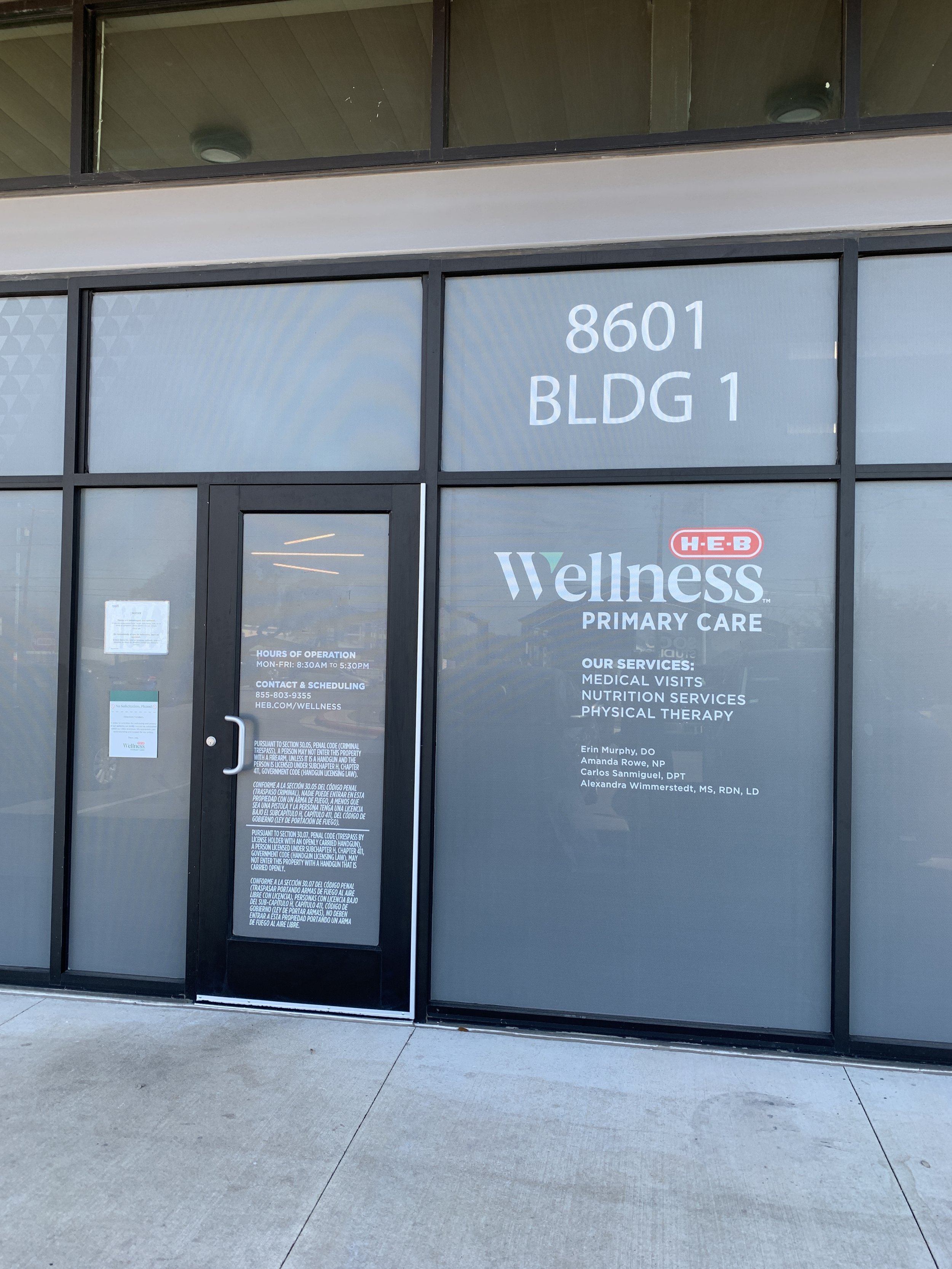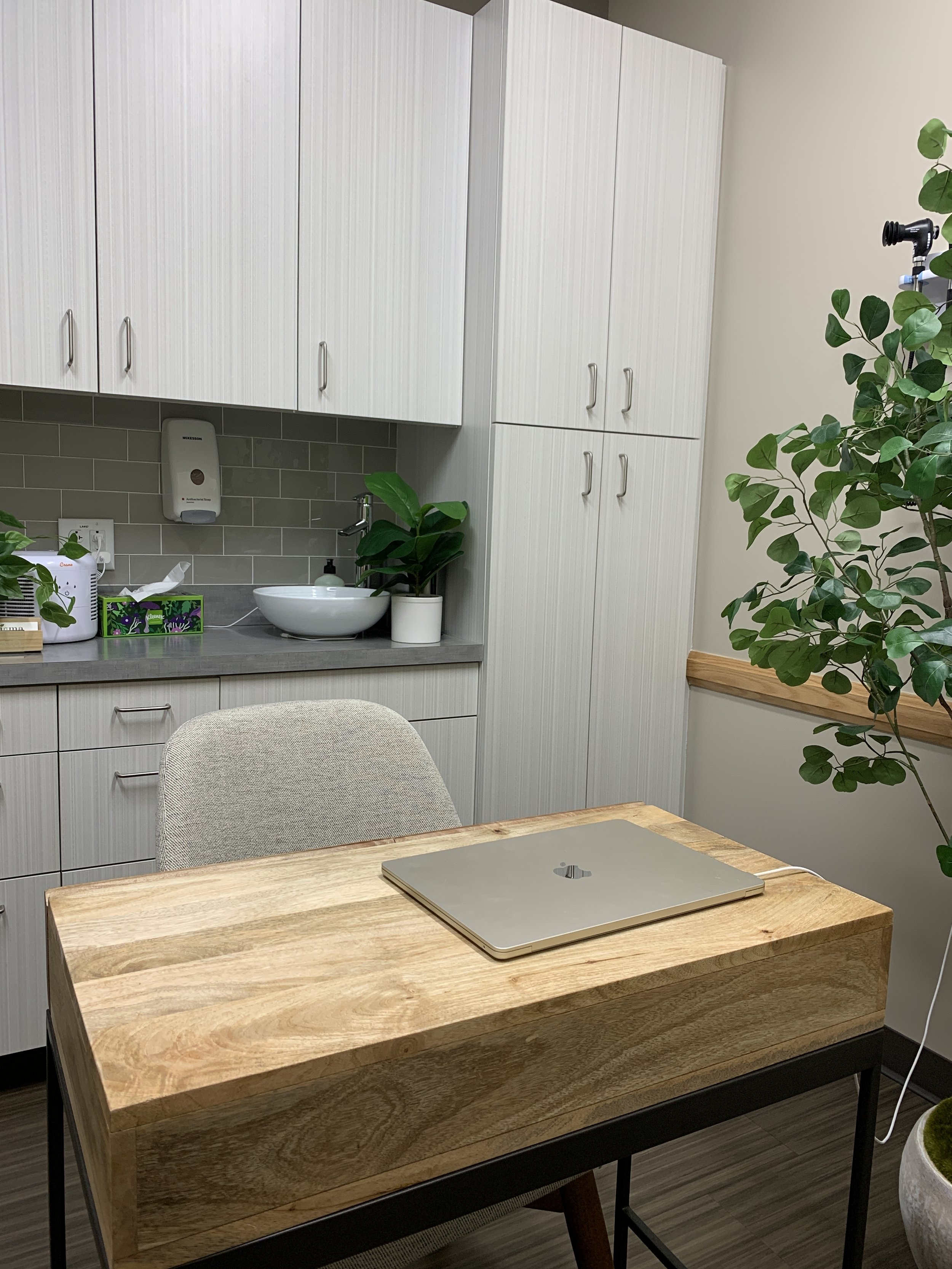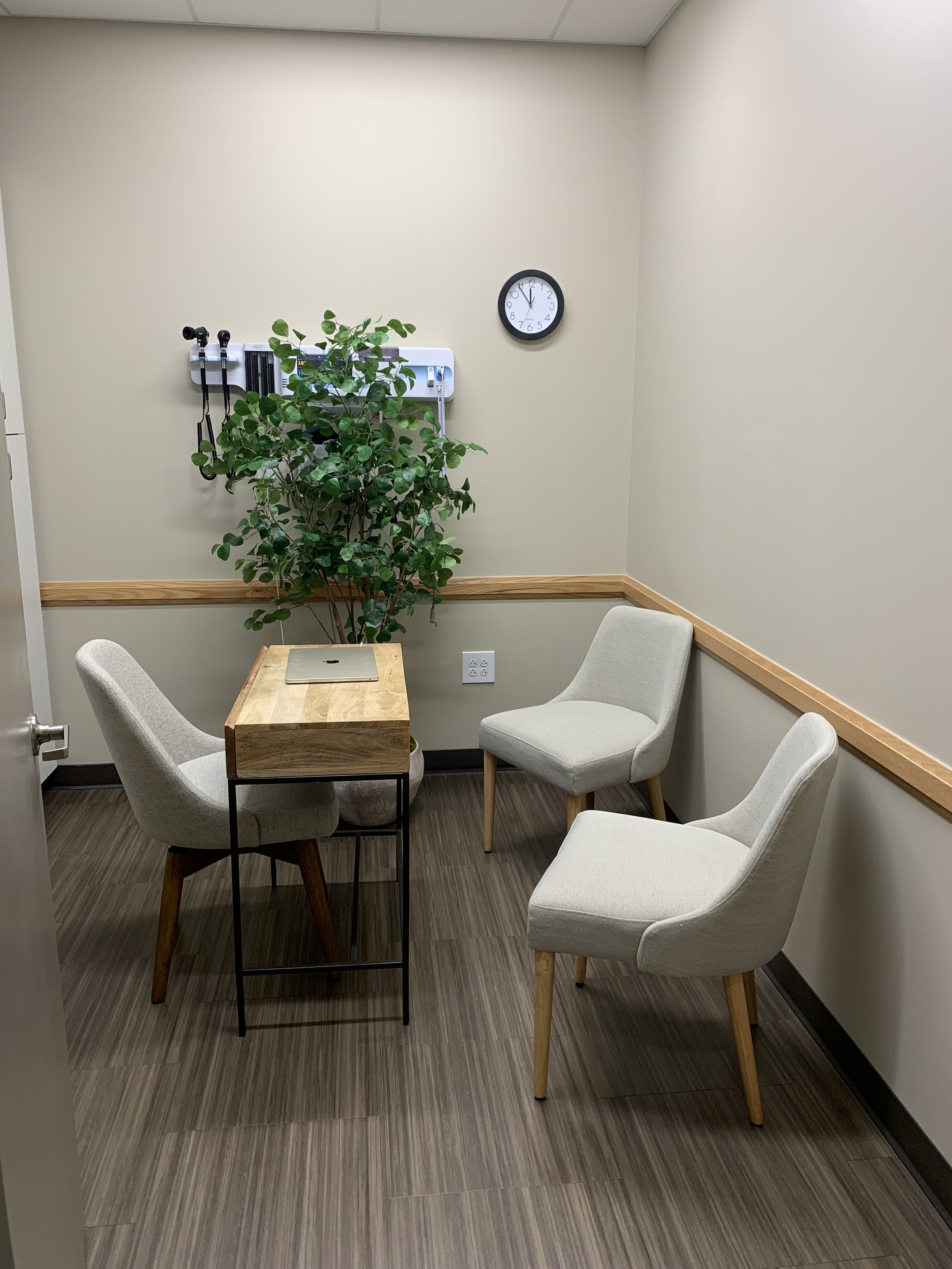You're standing in a room full of people who are talking and laughing and look like they're having the time of their lives. Everyone seems to fit in so well and this makes you feel even more like an outsider. You feel a tiny bit hotter than normal, maybe even start sweating a little bit. Your stomach clenches and your heart beats fast. You wonder if you chose the right outfit or maybe you should've worn something more casual. Hopefully nobody thinks you're trying too hard. You scan the room looking for who to talk to. You think ''Should I scoot in between those people or try to find someone who is also alone? What if I say something stupid? Or even worse, what if I offend someone?'' You notice you've kind of forgotten to breathe.
Most of us can relate to the symptoms above, even if the situation causing the anxiety might look different. Some of us get anxious about social situations, others about giving presentations, and still others about dealing with conflict. People get anxious while flying in airplanes, seeing cockroaches, or maybe even when good things happen because they're waiting for the other shoe to drop. Some of us have high thresholds for the internal alarm bells to ring, and others of us live on a hair trigger with the red alarm never going silent at all.
A lot of folks ask me ''what is anxiety'' and I think it's confusing because it looks so different for different people. It has so many manifestations and flavors. Here are 5 things that may be helpful to understand about anxiety and that I would want every patient of mine to know about.
Anxiety can be chronic or acute or both. The most acute version of anxiety is usually a panic attack. Colloquially ''panic'' gets thrown around a lot, but professionally ''panic'' means an abrupt surge of anxiety that peaks in minutes and has certain number of symptoms like sweating, palpitations, chest pain, shortness of breath, fear of losing control etc. If you want to see DSM-5 criteria for panic attack click here https://www.ncbi.nlm.nih.gov/books/NBK519704/table/ch3.t10/ I think of anxiety as a spectrum of intensity. I hear a lot of stories about anxious symptoms like those in panic attacks but that are not all at once, maybe only 2-3 symptoms and lasting hours. It's still an elevation of anxiety, but not necessarily a panic attack. Anxiety does not have to be physically manifested either though. Some people just have worried thoughts like ''what will people think'' or ''what if I fail this test'' and this can be chronic and really get in the way.
Anxiety can mimic a lot of other things with physical symptoms. You may have heard about the ''mind body connection'' and it has some research to back the idea up, like a recent Nature article that came out https://new.nsf.gov/news/mind-body-connection-built-brain-study-suggests Some of the common physical ways anxiety can manifest include feeling butterflies in your stomach, having more diarrhea, having more constipation, sweating more, having shortness of breath, shaking in your arms/legs/body, blood pressure and pulse rising, chest pain, nausea and vomiting. The confusing part is that many of those same symptoms can indicate other medical conditions like a heart attack, thyroid issues, stomach bug, flu, or your body being sick from something else. That's why when someone presents to the ER with chest pain, they will still rule out a heart attack even if you wonder if it's a panic attack. Anxiety as a cause of physical symptoms is usually reserved as an explanation of exclusion after appropriate medical workup has been done.
Treatment for anxiety disorders include both psychotherapy (talk therapy) and medications. For most people, talk therapy is a critical part of their treatment plan, even if they are also taking medication. In addition, therapy might be able to reduce the need for medication long term. When a medicine treats anxiety, it is only effective while it is in your system which is usually hours to days. When talk therapy treats anxiety, there are skills you learn and ways to think that last forever. Talk therapy can also treat underlying trauma which can drastically reduce anxious symptoms. Medication is often helpful to manage your anxiety enough that you can engage in talk therapy in a productive way. If the anxiety is overwhelming and untreated, many folks find themselves too anxious to even start talk therapy. Medication can act as a bridge to help that. In other situations, folks might want to stay on anxiety meds long term because it works well with minimal or even zero side effects. This does not mean a medication is necessarily addictive, but rather that it is effective and because of this many choose to stay on it since it only works while it's in their system. It's like how those with chronic diabetes need medicines daily because they still have diabetes day after day, not because the metformin or insulin are addictive.
Expectations - There is no magic pill that will eliminate all anxiety without risks instantly. Everything I prescribe has risks and benefits. Many anxious disorders take time and work to treat and are not fixed overnight in a healthy way. First line treatment with medicines usually means an SSRI which is a family of meds that includes things like prozac, zoloft, and lexapro. These can take weeks to work so if you don't notice a difference immediately, it can be wise to keep taking it as long as you tolerate it. It may just need more time to simmer.
Tolerating anxiety can be surprisingly powerful. I think about anxiety like a ''shadow beast'' that looks incredibly scary when you move farther away from whatever is causing anxiety. On the other hand, when you move TOWARDS the cause of your anxiety, the shadow beast tends to shrivel into something smaller than you thought. In the starting example of anxiety at a party, if you avoid all parties then your anxiety about social interactions at parties will probably just grow (ie, what happened to many of us during covid 19). If you instead try to regularly attend social things that make you anxious, over time you might notice the amount of anxiety decreasing just a little bit each time. It might not ever get to zero, but it will likely become manageable. Talk therapy and meds can really assist this whole process.
You can have anxiety about anxiety that snowballs, and this can sometimes impair treatment. Googling a medication can have both risks and benefits, and it may make you less willing to take a medicine that might have been super helpful. People tend to write about bad experiences more than the good ones so it can often be a biased portrayal of how common or rare a side effect is. If you hear something concerning about your medicine, consider discussing it with your provider and utilizing their wealth of all experiences (including their risk assessment based on the research) rather than relying on Dr Google where the most upset people tend to take the spotlight.
Photo by Alexander Krivitskiy on Unsplash







